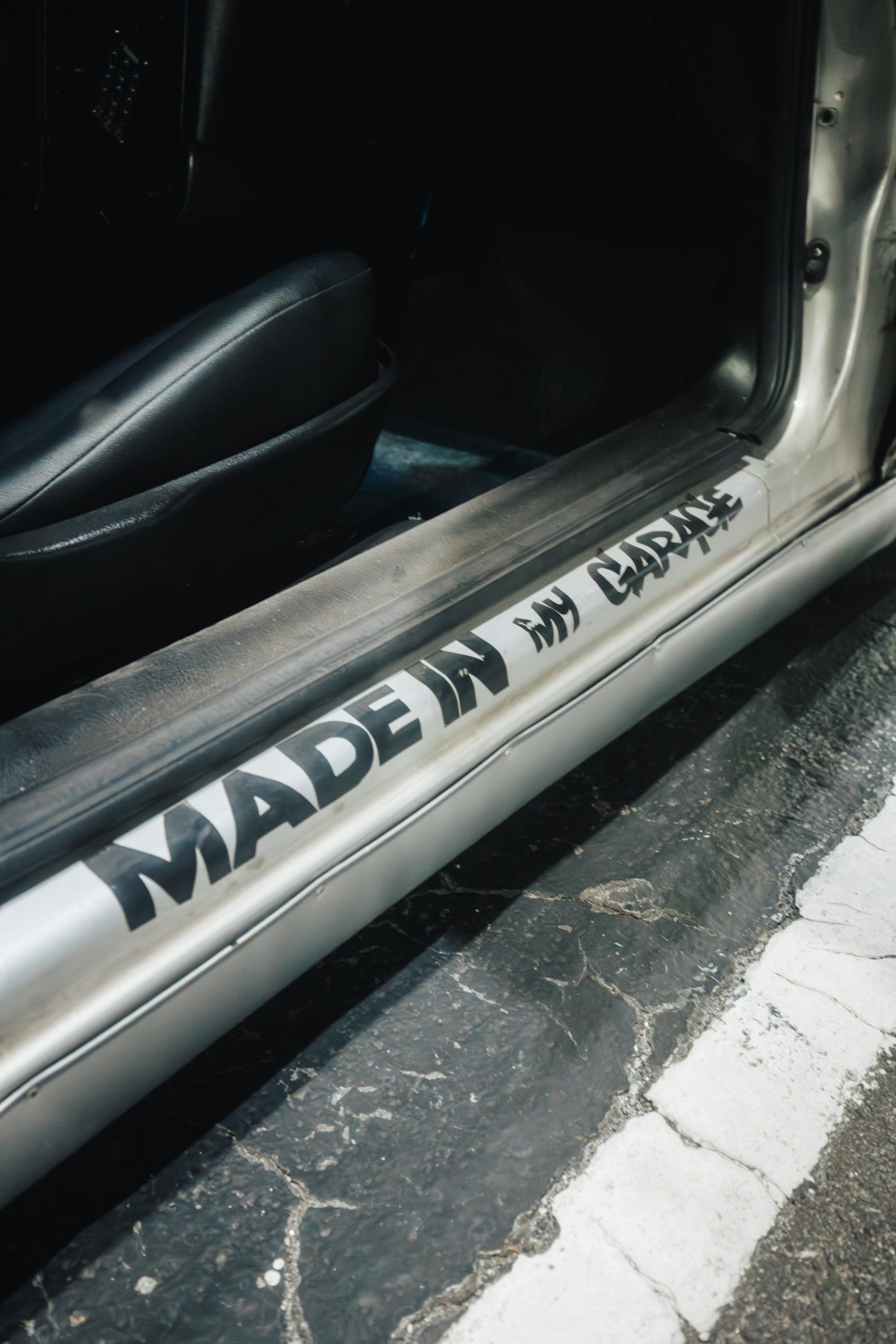Title: Handling Ceiling Leaks in Rental Apartments: When to Seek Reimbursement or File a Claim
Dealing with unexpected maintenance issues like ceiling leaks can be stressful, especially when you’re renting. Recently, an intern residing in Atlanta encountered such a situation and faced important questions about how to proceed ethically and practically. Here’s an overview of the situation and some guidance on the best course of action.
The Situation
While staying in a student apartment during an internship, the tenant noticed a leak developing in the ceiling. Prompt action was taken—management was notified immediately. Unfortunately, recent severe storms caused significant water intrusion, flooding part of the room and damaging personal belongings, including an iPad positioned nearby the workspace.
Initial Response and Challenges
The landlord’s maintenance team initially believed the leak was minor and manageable, but the situation escalated beyond expectations. The flooding resulted in water damage to personal items, raising questions about liability and reimbursement.
Seeking Reimbursement
The tenant approached the apartment management to request compensation for the damaged items. However, management responded that they did not see a reason to reimburse for personal belongings and suggested that the tenant file a claim through their own renter’s insurance.
Understanding the Next Steps
This response raises a common dilemma:
- Should tenants rely on their renter’s insurance for damages caused by maintenance issues?
- Is it appropriate for management to deny responsibility for damages resulting from a maintenance concern they’ve been notified about?
- What are tenants’ rights and best practices in such scenarios?
Expert Recommendations
-
Document Everything: Keep detailed records of all communications with management, photos of the damage, and any evidence of the leak and flooding.
-
Review Your Lease Agreement: Check for clauses related to damage caused by maintenance issues and landlord responsibilities.
-
Assess Responsibility: Typically, landlords are responsible for maintaining the structural integrity of the property, including fixing leaks. If the leak was due to negligence or failure to repair known issues, the landlord may be liable for damages.
-
Consult Local Laws: Tenant rights vary by jurisdiction. In Atlanta, Georgia, landlord-tenant laws may provide guidance on landlord responsibilities and dispute resolution.
-
Consider Renter’s Insurance: While it can cover personal property damages, filing a claim may not always be the best option if the landlord is liable and intends to repair the property. Filing through your insurance could also impact your premium and record, especially for minor damages.
-
Communicate Clearly: If you believe the landlord



